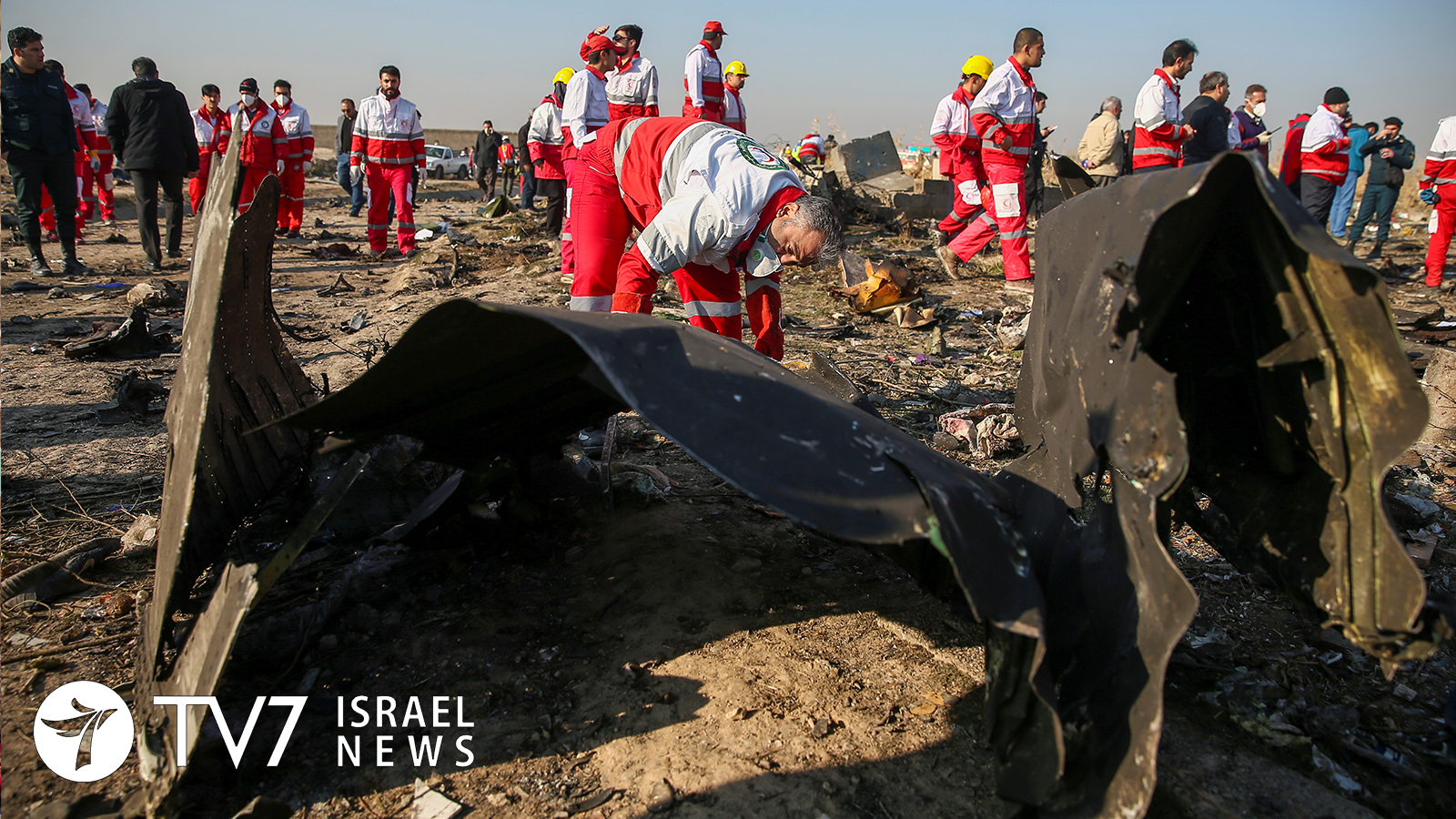This week’s issue of the U.S. Newsweek published statements from a Pentagon official and a senior American intelligence official, speaking on condition of anonymity, who said UIA flight PS752 was mistakenly struck down by an Iranian anti-aircraft missile system. An Iraqi intelligence official reportedly told Newsweek that the Boeing 737 passenger plane was hit by a Tor-M1 surface-to-air missile system.
The Ukraine International Airlines (UIA) flight was en route to Kiev when it burst into flames soon after take-off from Imam Khomeini airport on Wednesday (8 January) near Tehran and crashed into a field around 10 km (six miles) outside the Iranian capital. All 176 people on-board died, including 167 passengers and nine crew members. Ukrainian Foreign Minister Vadym Prystaiko said the victims included 82 from Iran, 63 Canadians, 11 Ukrainians, 10 Swedes, three Germans and three Britons. Most passengers were in transit, according to the airline.
The crash occurred the same day that in a claimed attack, Iran fired ballistic missiles at two military bases in Iraq that house U.S. forces.
Australian Prime Minister Scott Morrison today cited intelligence he said showed the shooting down of the commercial flight was shot down, while stressing that the available information “does not suggest an intentional act.”
Australian Prime Minister Scott Morrison said on Thursday that the Ukrainian airliner was likely brought down by an Iranian missile, citing intelligence from Canadian and other sources. Canadian Minister of Foreign Affairs Francois-Philippe Champagne said, “We have intelligence from multiple sources, including our allies and our own intelligence, that indicates that the plane was shot down by an Iranian surface-to-air missile.”
After acknowledging the strike “may well have been unintentional,” the top Canadian diplomat went on say that “this new information reinforces the need for a thorough investigation of this matter. As the prime minister said today, Canadians have questions and they deserve answers. I would add to that that the world asked questions and that the world expect answers. And Canada will seek those responsible to provide those answers.”
Champagne delivered his statements at a joint press conference in Montreal, alongside his visiting-counterpart from the United Kingdom. British Foreign Secretary Dominic Raab concurred, saying that London agrees with the Canadian assessment “that indicates that a Ukrainian International Airlines flight was shot down by an Iranian surface-to-air missile. And as Francois-Philippe said, it may well have been unintentional.”
Raab went on to say, “Our view on the crash underlines why we urgently now need an independent, full and transparent investigation to establish what caused it. The Iranian regime must open up to the international community, including access to the crash site so we can get the truth as quickly as possible to give the families of the victims an understanding of what happened to their loved ones.”
U.S. President Donald Trump also voiced “suspicions” about the cause of a deadly crash in Iran, which he referred to as “a tragic thing.” “Somebody could have made a mistake, on the other side,” Trump told reporters at the White House, but he gave no other details. “It was flying in a pretty rough neighborhood,” he added.
Iran has adamantly denied the growing conviction that a missile strike brought down the commercial flight. Iranian state television cited government spokesman Ali Rabiei saying, “All these reports are a psychological warfare against Iran … all those countries whose citizens were aboard the plane can send representatives and we urge Boeing to send its representative to join the process of investigating the black box.”
Iran’s head of civil aviation was quoted by ISNA News Agency as saying that it was “impossible that a missile hit the Ukrainian plane.”
Based on preliminary information, Ukraine’s Embassy in Iran had announced that the plane suffered engine failure and the crash was not caused by “terrorism.” Ukraine’s Deputy Foreign Minister Sergiy Kyslytsya told the United Nations Security Council on Thursday (January 9) that “The circumstances of this catastrophe are still unclear. It is now up to the experts to investigate it and to find answers to the question of what caused the crash.”
Ukraine’s President Volodymyr Zelenskyy, who cut short a state visit to Oman following the incident, called on “everbody, especially when Ukraine is in the middle of an information war, to refrain from manipulations, speculations, conspiracy theories, hasty and categorical judgments evaluations, and unverified theories.”
Ukraine’s National Council said causes under investigation include a missile strike, terrorism, mid-air collision, or engine explosion.
The International Civil Aviation Organization (ICAO) issued a statement Thursday urging diminished speculation on the possible causes of the disaster. The ICAO, a specialized United Nation aviation agency, adheres to a strict code concerning accident investigations, outlined in the Convention on International Aviation. The Montreal-based body says it is keeping in touch with the countries involved in the incident, and that it will provide necessary support.
The plane crash was the first fatal crash for Kiev-based UIA, and the downed aircraft was built in 2016. While the airline did not immediately comment on the cause of the plane crash, Iran’s state-run IRNA news agency cited unspecified technical problems. Until further notice, UIA has suspended all flights to Tehran.
